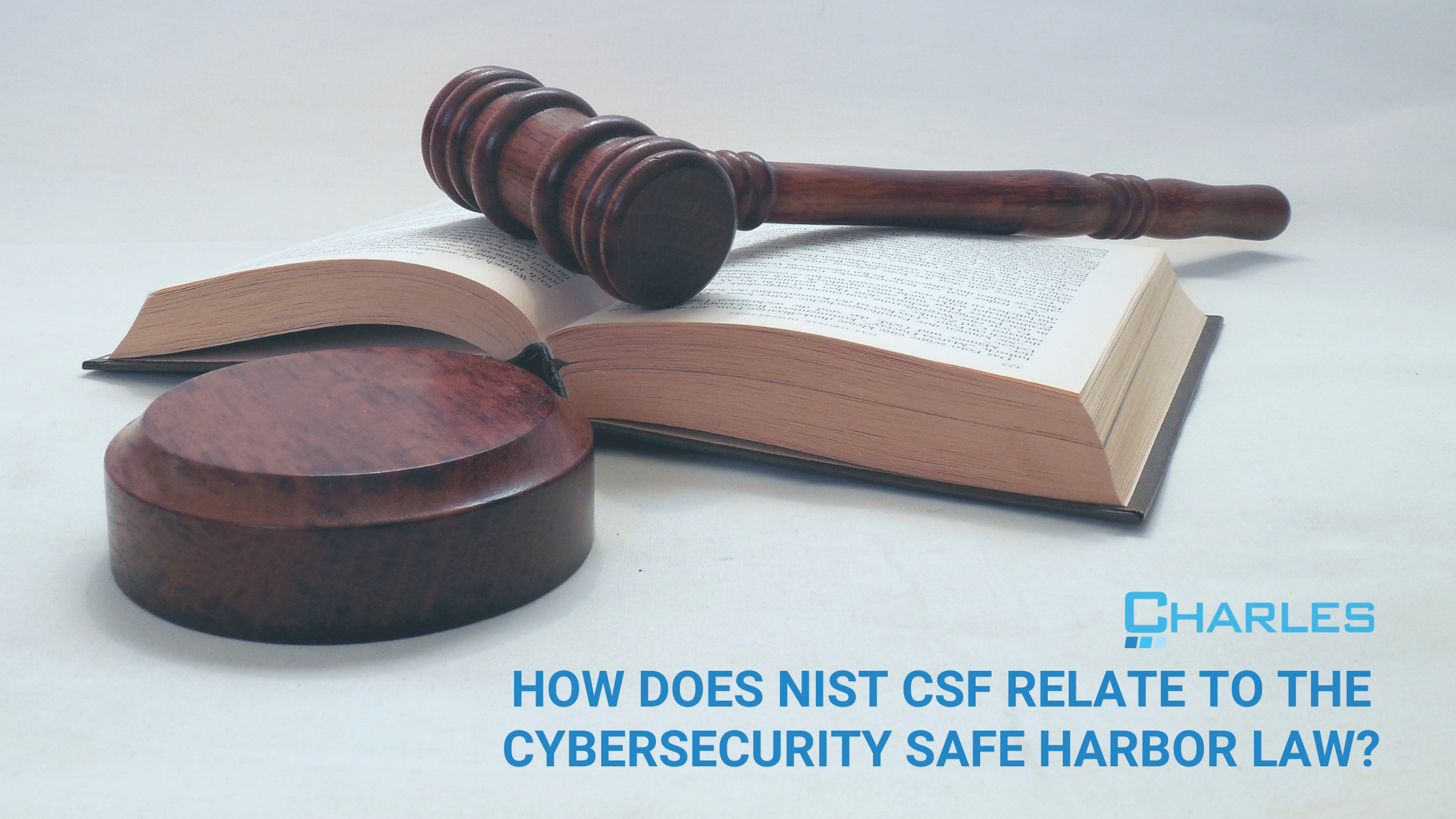
The National Institute of Standards and Technology Cybersecurity Framework (NIST CSF) provides voluntary, consensus-based industry standards and best practices for enhancing the security of cybersecurity infrastructure. By using the NIST framework, businesses can improve their cybersecurity posture and reduce the risk of being targeted by cybercriminals. The framework also helps organizations identify and manage cyber risk in a cost-effective way.
The NIST CSF has three principal components:
- Framework Core – These pertain to the 23 high-level, strategic activities that organizations should perform in order to manage cyber risks. These functions are further subdivided into five areas of focus: identify, protect, detect, respond, and recover.
- Implementation Tiers – These refer to the level of maturity an organization has achieved in each of the core functions. There are four tiers: partial, risk-informed, repeatable, and adaptive.
- Profiles – A profile is a snapshot of an organization's current state of cybersecurity, as well as its desired state. Organizations can use profiles to assess their progress in implementing the NIST CSF and identify gaps. There are four Profile Types: Baseline, Targeted, Repeatable, and Adaptive.
The current version of the NIST CSF covers all aspects of cybersecurity, from risk assessment to employee security awareness training. The framework is also regularly updated in order to address the latest threat actors or technologies.
NIST CSF is a government-backed industry standard. Moreover, it’s one of the few cybersecurity frameworks recognized under the Cybersecurity Safe Harbor Law.
What is the Cybersecurity Safe Harbor Law?
Connecticut’s Cybersecurity Safe Harbor Law is a piece of legislation primarily aimed at shielding businesses or other entities from being liable for cyberattack-related damages if they can prove that they have taken reasonable steps to prevent such attacks. Because the Safe Harbor Law incentivizes businesses that prioritize implementing cybersecurity measures, it helps push for generally better cybersecurity practices across the board. It also compels business leaders to stay informed about the latest developments in cybersecurity.
If you are a business owner in Connecticut, understanding the Cybersecurity Safe Harbor Law and its benefits is vital. Taking steps to comply with the law protects not only your business from liability in the event of a cyberattack, but it can also help prevent attacks from happening in the first place.
How can compliance with the NIST CSF offer businesses Cybersecurity Safe Harbor Law protection?
Your business can qualify under the Safe Harbor law if you meet certain requirements. Most importantly, your organization must be compliant with a recognized cybersecurity framework, such as the NIST CSF.
However, achieving NIST CSF compliance can be daunting, as it requires creating and implementing a comprehensive cybersecurity strategy. You must first identify what assets and systems need to be protected from cyberattacks. This includes identifying the data stored on these systems and gauging these data sets' values. By doing so, can you accurately determine your business’s cybersecurity risks and predict the consequences of a cyberattack on every asset and system.
After assessing the cybersecurity risks, you must develop a cybersecurity plan that addresses those risks and enables you to protect your business’s networks. This plan should comprise measures that will be taken to prevent, detect, and respond to cyberattacks.
On top of these, your business must be able to prove that your cybersecurity strategy is constantly evolving to reflect changes in the threat landscape. This entails having an ongoing risk assessment and employee cybersecurity training, as well as ensuring the audibility of all systems.
|
Related article: How Following NIST CSF Qualifies You for Safe Harbor Protection |
If your business is NIST CSF-compliant, is it automatically protected under the Cybersecurity Safe Harbor Law?
Being compliant with the NIST CSF or any recognized cybersecurity framework is just one crucial requirement under Safe Harbor. It's also critical that your business implement a written information security program that includes:
- A risk assessment process
- Processes for identification of internal and external cybersecurity risks
- Rules for implementation of safeguards against those risks
- Regular testing and monitoring to keep the program up to date
- Protocols for investigating and responding to incidents
- The designation of a senior manager who handles the program
Businesses must also share information about cybersecurity threats with the government in order to be given protection under the Safe Harbor Law.
Charles IT can help you be compliant with NIST CSF so you can qualify for Safe Harbor
If you're looking to comply with the NIST CSF and be protected under the Safe Harbor Law, then partnering with our compliance experts at Charles IT will enable you to achieve your goals.
These qualities make us the ideal IT partner:
- We have the experience and expertise to help you navigate the complexities of the NIST CSF.
- We can help you assess your current cybersecurity posture and identify gaps that need to be addressed in order to meet the NIST CSF requirements.
- We can assist you with developing and implementing customized solutions to address your specific compliance needs.
- We can provide ongoing support and guidance to help you maintain compliance over time.
- We can help you leverage the NIST CSF to improve your overall cybersecurity posture, not just meet minimum compliance requirements.
If you're ready to take your cybersecurity program to the next level, contact us today to learn more!

.png)


